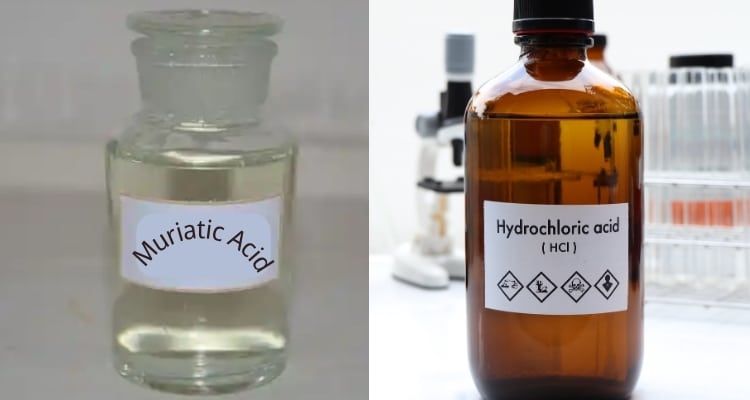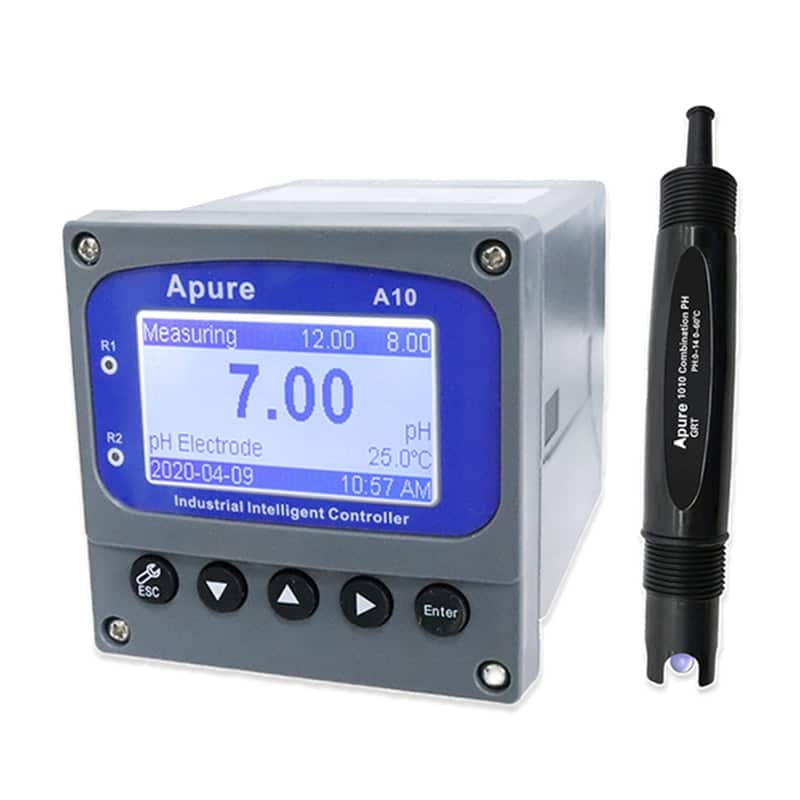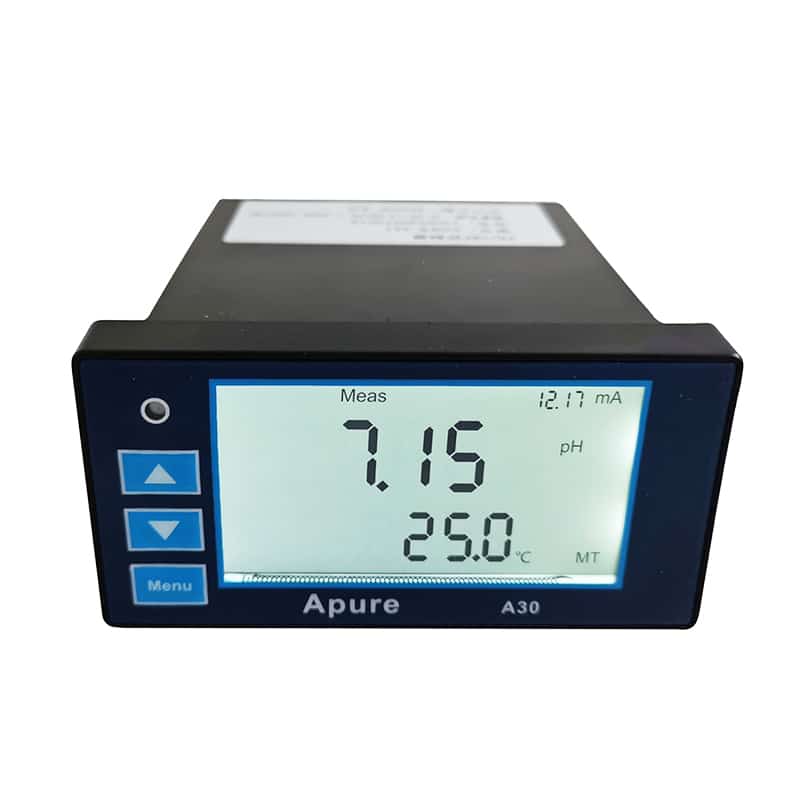Muriatic acid may sound intimidating, but it’s one of the most essential chemicals in proper pool care. Whether you’re a new pool owner or a seasoned pro, understanding how and when to use muriatic acid is key to maintaining crystal-clear water and a safe swimming environment.
What Is Muriatic Acid?
Muriatic acid is a diluted form of hydrochloric acid (HCl), typically around 31.45% strength. It is widely used in industrial cleaning, construction, and most importantly, pool maintenance. Though powerful, it’s safe to use in pools when handled correctly.

What Does Muriatic Acid Do in a Pool?
Muriatic acid has two primary purposes in a swimming pool:
pH and Alkalinity Adjustment
- The ideal pH range for pool water is 7.2 to 7.8.
- If the pH rises above this range, chlorine becomes less effective, water may turn cloudy, and scaling can form on pool surfaces.
- Muriatic acid lowers both pH and total alkalinity, helping restore proper balance.

Surface Cleaning
- Muriatic acid can be used to clean calcium buildup and stubborn stains from pool tiles, grout, or concrete surfaces.
- This process is known as an acid wash and should only be done when necessary due to its intensity.
Steps for Adding Muriatic Acid to A Swimming Pool
Standard Procedure for Adding Muriatic Acid
Testing Water Quality
- Use pH and total alkalinity testers or test strips.
- If the pH is above 7.8 or the total alkalinity is above 120 ppm, muriatic acid needs to be added.
Calculating the Amount to Add
- Typically, adding 250 ml to 500 ml of muriatic acid to a 10,000 gallon (approximately 37 tons) pool will lower the pH by approximately 0.1 to 0.2.
- It is recommended that the amount be added one at a time and adjusted over time to avoid a sharp drop in pH if too much is added at once.
Diluting Muriatic Acid
- Dilute the desired amount of muriatic acid by pouring it into a bucket of water (never pour water into the acid).
Pour Slowly Along The Edge of The Pool
- Turn on the circulation system and pour the diluted muriatic acid evenly around the edge of the pool, do not splash it directly on the bottom.
Wait and Retest
- Wait approximately 30-60 minutes and retest pH and alkalinity.
- If necessary, fine-tune again.
Cost of Use Reference
| Pool Size | Dosage per Use | Market Price (Approx.) | Usage Frequency | Monthly Cost |
| 10–30 tons | ~0.5L | ¥10–¥20 per liter | 1–2 times/week | ¥40–¥160 |
Tips:
Industrial grade muriatic acid is relatively inexpensive, making it a cost-effective pH adjustment solution.
It is even more cost effective if purchased in 25L packages for commercial pools or long-term users.
Muriatic acid is one of the most affordable options for home pool users compared to more expensive dry acid or CO₂ systems.
What Are the Alternatives to Muriatic Acid?
If you are concerned about the risks associated with using muriatic acid, here are some safer alternatives:
- Dry acid (sodium bisulfate): relatively mild and easy to handle, but more expensive.
- Carbon dioxide (CO₂) systems: for commercial pools that control pH without significantly affecting alkalinity.
How Often Should Muriatic Acid Be Added?
The frequency of addition depends on the following factors:
- Frequency of pool use
- Type of sanitizer used
- Hardness and mineral content of the water supply
It is recommended to test the water 2-3 times a week. Muriatic acid should only be added if the pH or alkalinity is out of specification and always in accordance with the product instructions.
Additional Tips
- Do not overdose, as too much acid can cause corrosion or large pH fluctuations.
- Cycle for at least 30 minutes after addition before the next test.
- If conditions permit, it is recommended that an automatic dosing system or pH controller be used for accurate and stable regulation.
Apure pH Controller
Developed by Apure brand, pH controller can continuously monitor the pH value of swimming pool water and linkage control dosing pump to realize automatic adjustment and maintain stable water quality.
Suitable for family pools, villa pools, spa centers and commercial pools.


Summary
Muriatic acid plays an important role in swimming pool water quality management. It effectively controls pH and alkalinity levels to keep pool water clear, safe and comfortable. Although it is a strong acid, it is a safe and efficient maintenance tool when used in the right way.
If you would like to learn more about our products for pool water quality monitoring or chemical dosing systems, feel free to contact us to explore more pool water treatment solutions!
